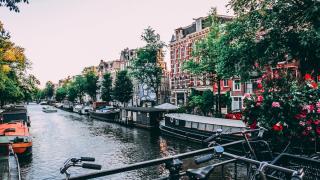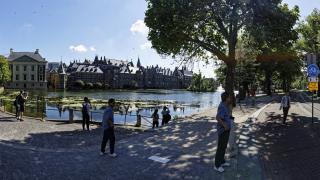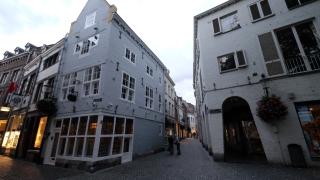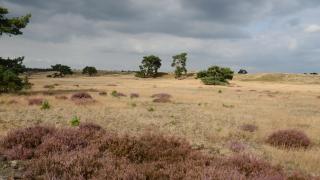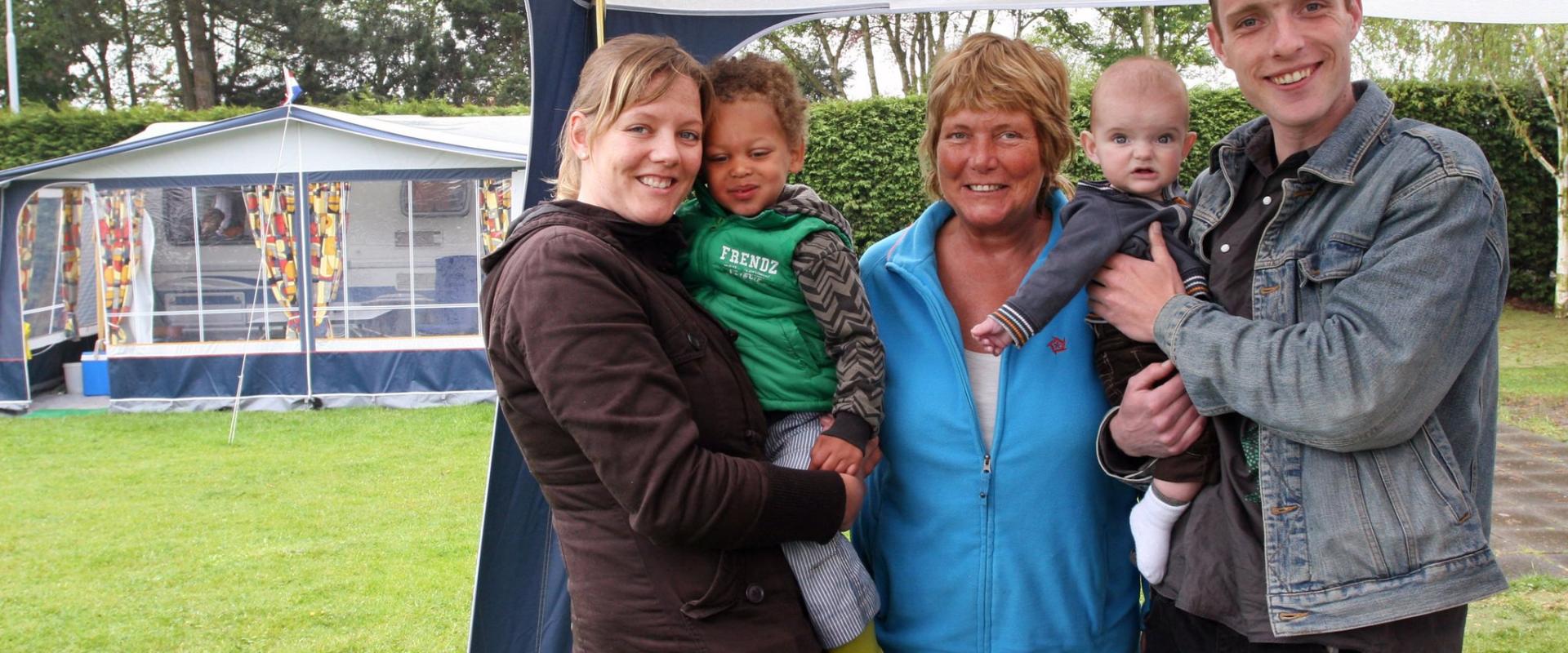Understanding Dutch Living Costs
The Netherlands has a high standard of living. Costs are higher than in many European countries. Amsterdam is the most expensive city. Expect to pay €1,200–€2,000 per month for a one-bedroom apartment in central Amsterdam. Rotterdam, Utrecht, and The Hague are slightly cheaper, with rents from €900–€1,500. Rural areas and smaller towns offer lower housing costs. Groceries for one person average €250–€350 per month. A basic meal in a local eetcafé costs €15–€20. Public transport in cities like Amsterdam or Rotterdam costs about €3 per single journey. A monthly OV-chipkaart subscription is around €100–€120. Utilities (gas, water, electricity) average €150–€250 per month for a small apartment. Health insurance is mandatory and costs €120–€150 per month. Internet is about €35–€50 monthly. The cost of living varies by city, lifestyle, and housing type. Students, expats, and travelers should budget carefully. Urban living is more expensive than rural. The Netherlands offers financial support for eligible residents, including huurtoeslag (rent allowance).
Accommodation Price Breakdown
Accommodation costs in the Netherlands vary by city and lodging type.
- In Amsterdam, hotel rooms average €120–€200 per night. Budget hotels start at €80. Hostels cost €30–€60 per night for a dorm bed. Airbnb apartments range from €110–€180 per night. Monthly short-term rentals start at €1,500 for a studio.
- Rotterdam and The Hague are cheaper. Hotels average €90–€140 per night. Hostels cost €25–€45. Airbnb options start at €80 per night. Monthly rentals begin at €1,100–€1,400.
- Utrecht is similar to Rotterdam, with hotels from €100 per night. Hostels are less common but cost €30–€50. Airbnb averages €90–€130 nightly. Monthly rentals start at €1,200.
- In smaller towns, hotels can be €70–€110 per night. Airbnb and short-term rentals are less available but cheaper, from €60–€100 per night. Monthly rentals can be found for €900–€1,100.
Hidden costs include:
- City tax (toeristenbelasting): €2–€7 per person per night, depending on municipality.
- Airbnb cleaning fees: €20–€60 per stay.
- Deposits for rentals: usually one month’s rent.
Tips:
- Book outside peak tulip season (April–May) and summer for better rates.
- Check for discounts on Dutch booking sites like Booking.nl or via last-minute deals.
Eating and Drinking Expenses
Groceries in the Netherlands:
- Supermarkets like Albert Heijn are widespread. Prices are higher than Lidl or Aldi.
- A loaf of bread costs €1.50–€2.00. One liter of milk is about €1.10. Cheese (500g) is €4–€6.
- Chicken breast (1kg) costs €8–€10. Apples (1kg) are €2–€3. Eggs (12) are €2.50–€3.50.
- Local markets, such as Amsterdam’s Albert Cuypmarkt, offer fresh produce at lower prices.
Eating Out:
- A basic meal at a café costs €12–€16. Three-course dinner at a mid-range restaurant is €30–€40 per person.
- Street food, like a broodje haring (herring sandwich), costs €3–€4. Fries (patat) are €3–€5.
- Coffee in a café is €2.50–€3.50. A domestic beer (0.5L) is €4–€6. Soft drinks are €2.50–€3.50.
Money-saving tips:
- Look for lunch specials (dagmenu) in restaurants, usually €8–€12.
- Supermarkets offer ready-made meals for €4–€6.
- Weekly markets provide discounts on fresh fruit and vegetables, especially near closing time.
Getting Around: Transport Costs
Public transport in the Netherlands is efficient but can be costly.
- A single tram, bus, or metro ride in Amsterdam costs €3.40 (1 hour).
- Rotterdam and The Hague have similar fares, around €4 for a single ticket.
- The OV-chipkaart is used nationwide. It is a rechargeable smart card for all public transport.
- An anonymous OV-chipkaart costs €7.50 (no credit included). Load any amount. Valid on trains, buses, trams, and metro.
- Train fares depend on distance. Amsterdam to Utrecht (30 minutes) costs about €9.50 one-way, second class.
- Amsterdam to Rotterdam (40 minutes) costs €17.50 one-way, second class.
- Monthly public transport passes in Amsterdam start at €105. Regional passes may be cheaper in smaller cities.
- Cycling is popular and affordable. Bike rentals cost €10–€15 per day or €40–€60 per week.
- Swapfiets offers monthly bike subscriptions from €19.90.
- Taxis are expensive. Flagfall is €3.60, plus €2.65 per kilometer.
- Save by using off-peak train tickets, group discounts, or NS Flex subscriptions.
Fun on a Budget: Entertainment & Extras
Museum entry fees:
- Rijksmuseum: €22.50 for adults. Free for under 18s.
- Van Gogh Museum: €20–€22. Free for children under 18.
- Anne Frank House: €16 for adults. €7 for ages 10–17.
Discount cards:
- Museumkaart: €75 per year. Grants access to 500+ museums nationwide.
- Holland Pass: €45–€75. Includes entry to top attractions and public transport discounts.
Low-cost activities:
- City parks (Vondelpark, Oosterpark) are free.
- Free walking tours in Amsterdam and Utrecht (tips expected, usually €5–€10).
- Open-air summer festivals often have free entry (e.g., Uitmarkt, Amsterdam).
Nightlife:
- Cinema ticket: €12–€15.
- Beer in a bar: €3.50–€5.
- Club entry: €10–€20.
Tips:
- Many museums offer free admission on Museum Night (November).
- Student and youth discounts are widely available with ID.
Smart Spending: Insider Tips & Pitfalls
Watch for hidden costs in the Netherlands. Taxis charge high base fares—use NS trains or OV-chipkaart for savings. ATMs (geldautomaten) in city centers offer fair rates; avoid currency exchange kiosks at Schiphol Airport and tourist zones due to high fees. Supermarkets like Lidl and Jumbo have lower prices than Albert Heijn. Tap water is safe and free in restaurants—skip bottled water. Many museums offer free entry with a Museumkaart (€75/year). Use the 9292 app for public transport planning and price comparisons. For dining, look for 'dagmenu' (daily specials) at local eetcafés. Download the Too Good To Go app for discounted surplus food. Watch out for service charges in Amsterdam restaurants. Always check if VAT (BTW) is included in prices. Final checklist: compare grocery stores, use public transport, avoid airport exchanges, and use local deal apps. Set a daily budget in euros to track expenses.
